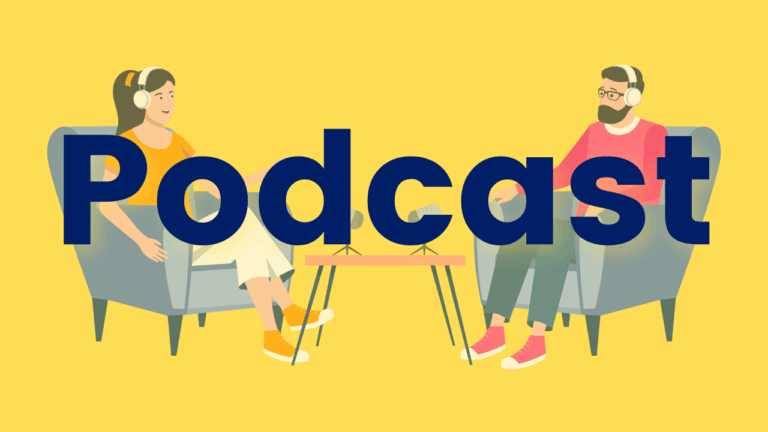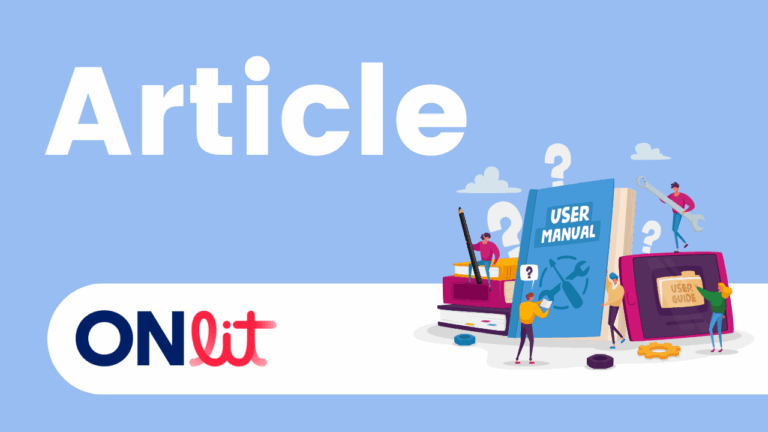Reading Road Trip: The Structured Literacy Shift in a First Nation School with Catherine Shawana
Kate welcomes Catherine Shawana, a member of Wiikwemkoong unceded territory, for a candid discussion about her First Nation school’s journey from balanced literacy to structured literacy, as well as a broader conversation about First Nations education. Catherine’s passions are rooted in the foundation of building Anishnawbek identity and establishing a connection to Indigenous ways of knowing,…





